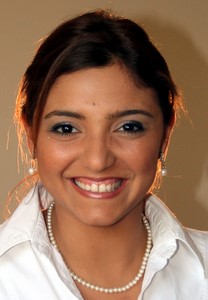The OpenCred study was carried out by the Institute of Learning Innovation at the University of Leicester in collaboration with the European Commission’s Institute for Prospective Technological Studies (IPTS), from May to November 2014. Its purpose is to inform IPTS’s OpenEdu project, which is investigating the challenges and opportunities in the recognition of learning achievements via open learning with the aim of supporting policy development at a European level.
The OpenCred research team (Gabi Witthaus, Mark Childs, Bernard Nkuyubwatsi, Grainne Conole, Andreia Inamorato dos Santos and Yves Punie ) investigated practices, attitudes and rationales for the types of recognition awarded for open learning, the factors that influenced decisions in this regard, and the contexts in which non-formal, open learning was recognised.
This paper published in the eLearning Papers issue 40 shares some of the early findings of the OpenCred study. It describes a range of institutional initiatives by higher education institutions in Europe in recognising non-formal learning achievements in open education. Recognition of learning is almost always conferred in consideration of the type of assessment used, and so a matrix has been developed to show the relationship between these two features. The vertical axis of the matrix comprises a five-level hierarchy of formality of recognition (from no recognition to full recognition in line with the European Credit Transfer System), while the horizontal axis represents a five-level hierarchy for robustness of assessment (from no assessment to formal examinations).
Examples of European open education initiatives are discussed and plotted on the assessment-recognition matrix. The paper concludes with a summary of the tensions between assessment procedures used and the nature of recognition awarded, and offers recommendations for institutions wishing to evaluate the nature of recognition awarded to students in open education. It also identifies further areas in which the framework could develop.
Filed under: My publications and papers, OER, open education, Open Educational Resources, REA, REcursos Educacionais Abertos, TICs em educação | 1 Comment »





